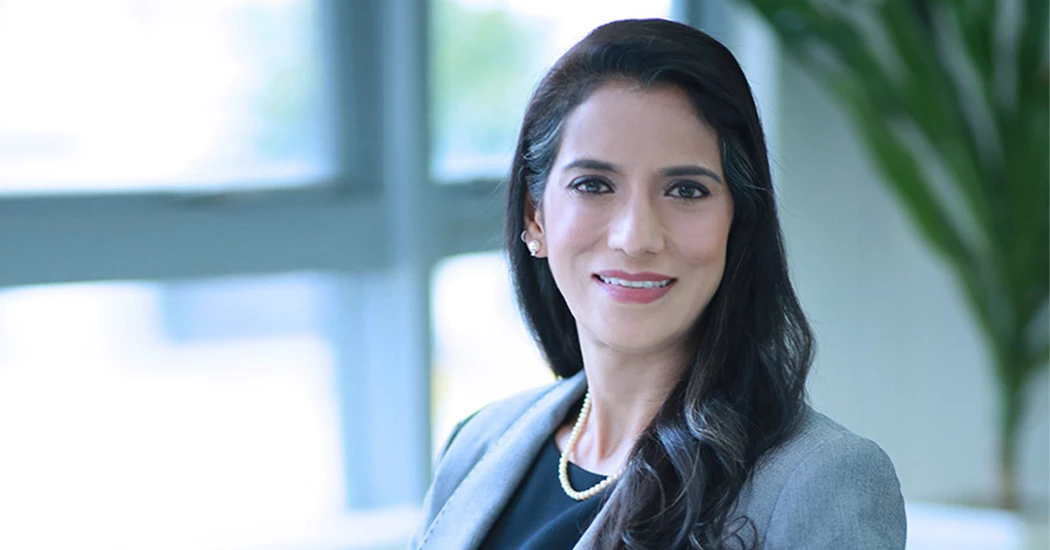Women in energy: busting some myths on what gets them in and moves them up
International Women’s Day always prompts contemplation, debates and discussions around how well workplaces around the world are empowering women and ensuring better gender balance through the corporate hierarchy. The energy sector, where I have had a career spanning nearly three decades, is commonly cited for a relatively low representation of women in the workforce, and an even smaller footprint at the top.
Females account for about 39% of the global labour force but only 16% of the traditional energy sector, according to the International Energy Agency, the Paris-based energy policy advisor to the OECD countries.
Searching for answers
While the statistics may not come as a surprise, exactly why the field attracts fewer females appears to be less talked about.
Could it be that going through school and college, girls are less aware of the energy sector and the career opportunities in it? That’s hard to imagine – energy surrounds us, literally, and permeates every part of our lives.
Could it be that girls are denied the opportunity to study the subjects that would stand them in good stead for a job in the energy sector? Again, in the developed world and most major developing countries where girls study shoulder-to-shoulder with boys, we can say surely not.
Could it be that energy companies discriminate against female candidates for white collar jobs? For the most part, I am confident that is not the case. Could it be a lack of female role models? Also unlikely – there are scores of them around the world!
Targeted outreach
However, there is a possibility that by and large women may not feel naturally inclined to a profession in the energy sector, especially if they still relate it to the traditional jobs in the mines, on rigs or refineries in the coal, oil or gas industries.
Energy companies keen to attract more women need to actively reach out to the secondary and tertiary institutions around them to promote a better understanding of the evolution and diversity of their businesses, the range of roles available, and the skills and aptitude needed to succeed in them. They need to talk to the younger generation about why they want better gender balances – not with PR-speak, not with tired catchphrases, but sincere words and lived experiences of a more diverse workforce from senior executives.
Pivotal role of men
What about the career prospects for women already working in the energy sector? There is no denying that there are work-home balance challenges from societal expectations and the traditional division of responsibilities within a family that are unique to women as daughters, daughters-in-law, wives, and mothers. These are changing slowly, and men will need to continue playing a pivotal role in bringing about a transition.
Companies are starting to be more mindful of these dynamics in their employee policies and the discretionary powers they give to the managers. Will those occasional dispensations that women need or the limitations from their family life stymie their promotions or punctuate their career paths? It is likely, and though not ideal, important to acknowledge as the harsh reality of the corporate world. Capable and ambitious women who forsake the corner office or temporarily pivot to a non-managerial career trajectory that is more compatible with their responsibilities outside the office ought to be commended and celebrated. Companies stand to strengthen their managerial bench exponentially by carving out a path for these women to return to the main fold when they are ready.
Words of advice
Finally, a few words of advice for the women in energy who are fully focused on their career and looking to make the most of their innings. Chances are, you are surrounded by far more males than females – take off the gender glasses and throw them away. Look at colleagues through the lens of their knowledge, experience and wisdom.
Find yourself good mentors in the organisation and outside it – men or women, preferably both. The onus of reaching out regularly is on you, not on them. Last but not least, network, network, network. You may have fewer “natural” opportunities to do so compared with your male counterparts, so work harder at it.
Energy Connects includes information by a variety of sources, such as contributing experts, external journalists and comments from attendees of our events, which may contain personal opinion of others. All opinions expressed are solely the views of the author(s) and do not necessarily reflect the opinions of Energy Connects, dmg events, its parent company DMGT or any affiliates of the same.
KEEPING THE ENERGY INDUSTRY CONNECTED
Subscribe to our newsletter and get the best of Energy Connects directly to your inbox each week.
By subscribing, you agree to the processing of your personal data by dmg events as described in the Privacy Policy.
















